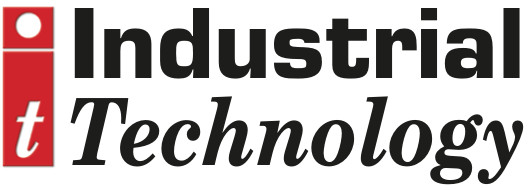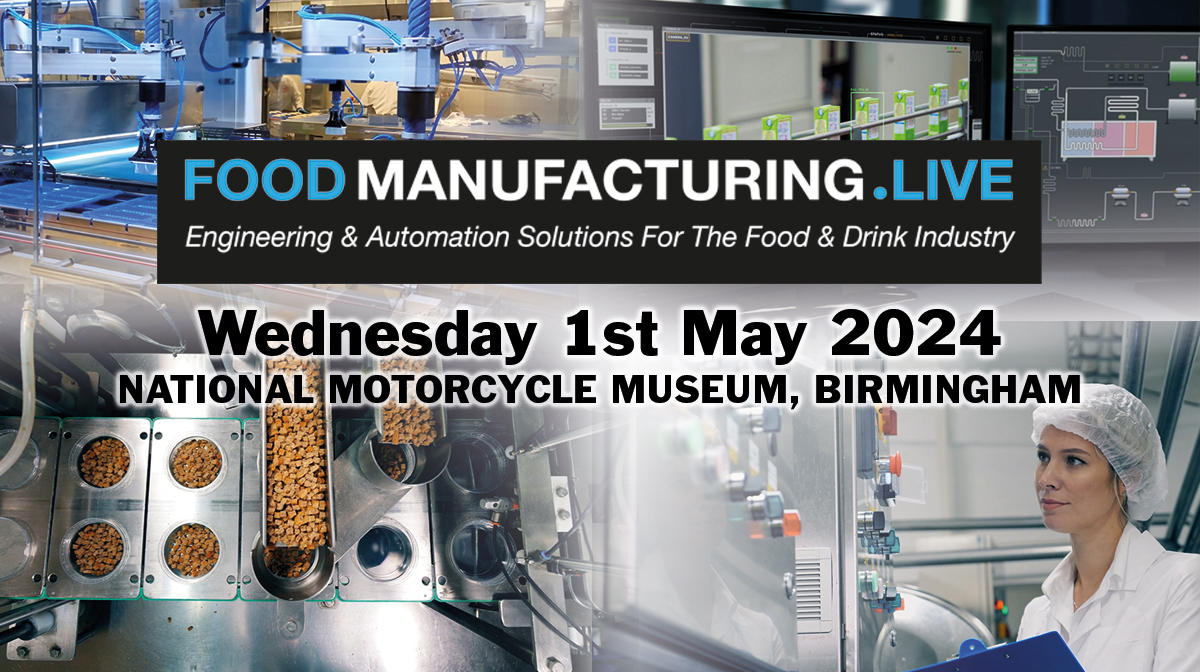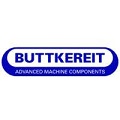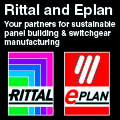
Posted to News on 25th Jun 2018, 00:00
Material facts
The physical characteristics of product packaging can have a powerful impact on its environmental performance and nowhere is this more evident than in the use of plastics. So, how is the packaging machinery sector responding to the clamour for greater eco-friendliness? Neil Beaumont of Lenze reports.
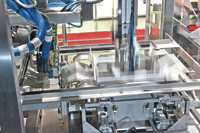
A spokesperson for the Flat Earth Society was recently quoted as saying: “The Flat Earth Society has members all around the globe.” Presumably, nobody noticed the inherent contradiction contained within the statement. This sort of inconsistency is, however, not confined to the geometry of the planet; it can also be found in other arenas, including sustainability. The word ‘sustainability’ implies something that is long-lasting. But this is by no means always the case; indeed, sustainability can have precisely the opposite meaning.
Take plastic packaging. Plastic is a useful material – it’s strong, durable, lightweight and versatile. However, it is also exceptionally damaging to the environment as a recent Blue Planet II TV documentary revealed. This showed a whale carrying her dead baby calf in her mouth, probably poisoned by toxic plastic waste in its mother’s milk. This resulted in a public outcry that has forced businesses to face up to the serious ecological harm that can be caused by plastic.
There are, essentially, two criteria that packaging must meet in order to be considered sustainable – it has to be created in an eco-friendly way without the use of poisonous chemicals, and it needs to be manufactured from non-toxic materials capable of being disposed of without harming the environment or piling up in landfill. In other words, it must be reduced in volume wherever possible, be reusable, or be recyclable and/or degradable.
There is, though, also a third consideration when it comes to sustainable packaging – the way products are actually wrapped – and this requires a greater focus on packaging machinery. In fact, the packaging machinery industry has already responded positively to the unrelenting need for greater sustainability. For example, wherever possible, companies in this sector reduce or eliminate environmentally hazardous packaging materials like plastic, instead switching to biodegradable or compostable packaging that’s strong and safe, but also ecologically sound.
Businesses that use packaging constantly adopt new techniques and materials. Companies like Lenze can help in this by offering highly adaptable systems for the machines that handle this packaging. Packaging machines, robots and handling systems are often particularly challenging from the standpoint of automation technology. They require a powerful and homogeneous system capable of controlling coordinated movements along several axes. The Lenze automation platform demonstrates how it makes it easier to deal with the growing complexity of machine design by providing the tools, products and services needed to improve packaging machine performance and reliability. The technologies are modular, integrated and flexible, which allows machine builders to manipulate the system adapting to changes in materials, including plastics.
The first, and probably best, definition of sustainable development was formulated around three decades ago by the United Nations World Commission on Environment and Development. The Brundtland Commission report, which resulted from a decisive meeting of this organisation, came up with this: “Sustainable development meets the needs of the present without compromising the ability of future generations to meet their own needs.”
We can draw two important conclusions from this landmark statement. First, it implies that a sustainable process must be based on resources that will remain unexhausted over a sensible term. Secondly, the process must be energy efficient.
Lenze’s packaging automation system software allows operators to monitor energy usage and make informed operational decisions. With connectivity to the cloud becoming more commonplace, using standardised protocols such as OPC UA or the MQTT standard in its automation portfolio, ensures products are future-proof and adaptive to the smart factory environment. A company like Lenze can help with sustainability issues by working closely with customers to devise the best solution and set technical ideas in motion.

